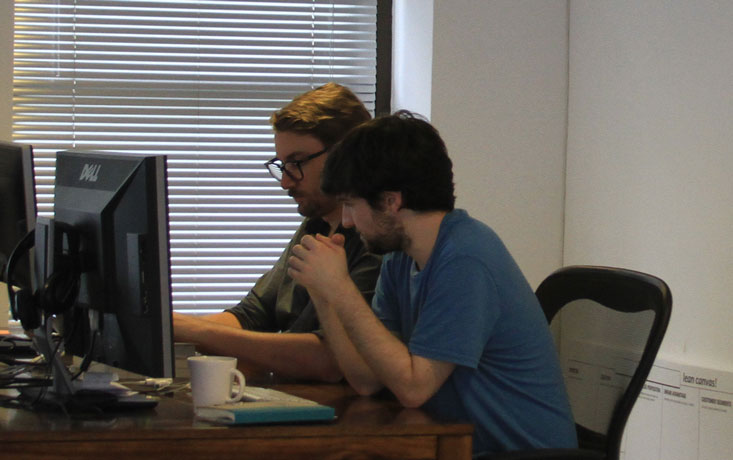Design Sprint Day 1
Let’s deep-dive into what happens on the first day of a Design Sprint. On Mondays, we understand the problem.
I want to give credit to the creators of the Design Sprint method, Jake Knapp, John Zeratsky, and Braden Kowitz from Google Ventures who developed this Design Thinking method in the mid 2010s. Their process is the starting point from which all variations of Design Sprints come from, and I work with their framework to create Design Sprints that are customized to suit client needs.
Read more »